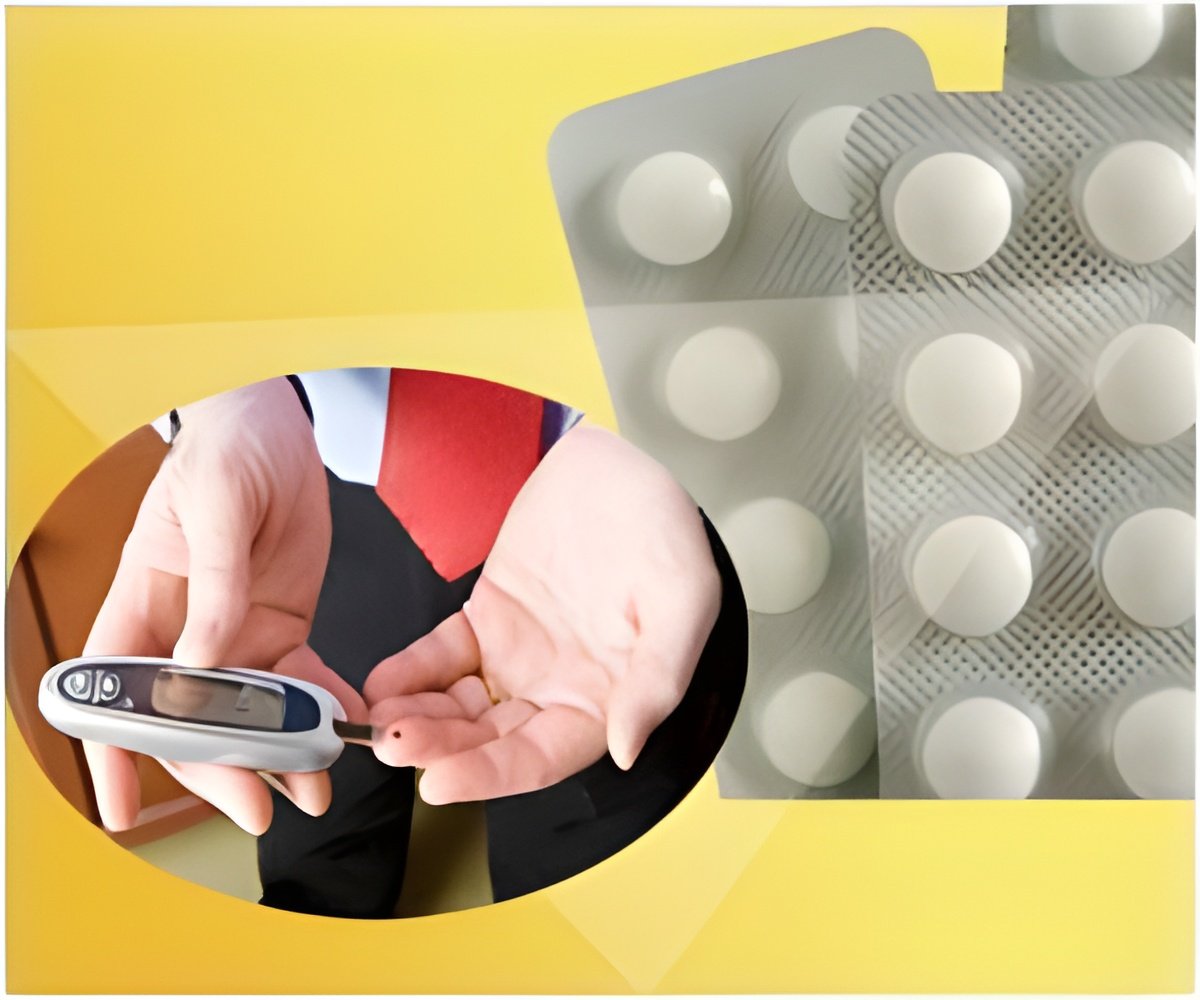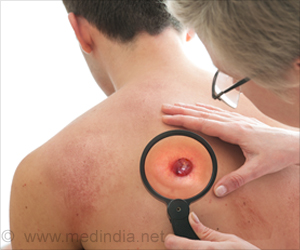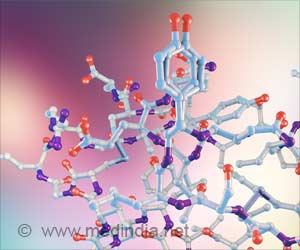Human leukocyte antigen gene triggered the development of a skin disorder, bullous pemphigoid in diabetic patients.

‘HLA-DQB1*03:01 is not linked to ordinary BP nor type-2 diabetes, but is closely associated with the development of BP among DPP-4i takers.’





Afflicted patients - mostly elderly - suffer from autoimmune attacks on a type of collagen in skin, making it hard to cure and compromising their quality of life. Previously, no risk factor triggering BP in diabetic patients administered with DPP-4i had been identified. Bullous pemphigoid (BP)
BP is classified into two types: inflammatory and noninflammatory, the latter of which is found more in diabetic patients administered with the drug. The research team, including Dr. Hideyuki Ujiie of Hokkaido University Hospital, examined 30 BP patients administered with DPP-4i and investigated their symptoms and autoantibodies to group them as inflammatory or noninflammatory.
The researchers then analyzed human leukocyte antigen (HLA) genes of the 30 patients to identify their white blood cell type since HLA genes are known to be involved in various immune diseases. To compare, the team also analyzed the HLA of 72 BP patients who had not been administered to DPP-4i and 61 diabetic patients who were using the drug but not affected by BP. Their findings were compared with the HLA genes of 873 Japanese from the general population.
According to the results, 70 percent of the 30 BP patients administered with DPP-4i fell into the noninflammatory type with less reddening of the skin (erythema). HLA analyses found 86 percent of the noninflammatory BP patients administered with DPP-4i had an HLA gene called "HLA-DQB1*03:01."
Advertisement
The findings show HLA-DQB1*03:01 is not linked to ordinary BP nor type-2 diabetes, but is closely associated with the development of BP among DPP-4i takers. "However, as the probability of patients exposed to DPP-4i to develop BP remains unclear, further research investigating a much larger number of cases is needed," says Hideyuki Ujiie.
Advertisement
Source-Eurekalert















